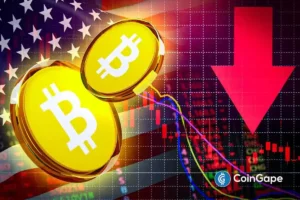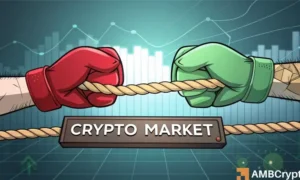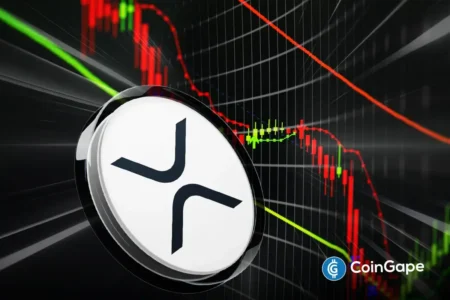PayPal has recently announced the addition of Chainlink (LINK) and Solana (SOL) to its cryptocurrency offerings, allowing users of PayPal and Venmo to buy, sell, and hold these tokens. This move demonstrates the payment giant’s confidence in Web 3 solutions and its commitment to expanding its crypto footprint. The decision to include SOL and LINK was driven by their capabilities and widespread adoption within the cryptocurrency market.
The addition of SOL and LINK brings the total number of cryptocurrencies supported by PayPal to seven, including Bitcoin, Ethereum, Litecoin, Bitcoin Cash, and PayPal USD. Chainlink is known for its cross-chain interoperability solutions, while Solana is recognized as a leading blockchain platform. Both tokens are ranked within the top 11 cryptocurrencies by market capitalization, with a combined valuation of over $80 billion.
PayPal’s move to include SOL and LINK is part of its larger strategy to challenge the dominance of stablecoins like USDT and USDC in the cryptocurrency market. By offering a wider variety of tokens on its platform, PayPal aims to provide users with more flexibility, choice, and access to digital currencies. This expansion aligns with the company’s vision to foster greater accessibility and engagement in the cryptocurrency market.
Institutional adoption for SOL is on the rise, with Polymarket integrating Solana by enabling SOL deposits. Similarly, Chainlink has been forging partnerships and integrations to enhance its utility for enterprises and institutions. The decision to add SOL and LINK reflects PayPal’s dedication to evolving digital currency landscape and its commitment to staying at the forefront of the cryptocurrency market.
Overall, PayPal’s expansion to include SOL and LINK signals a growing interest and acceptance of cryptocurrencies in mainstream financial services. With the addition of these tokens, PayPal and Venmo users will have more options for diversifying their crypto portfolios and engaging with the evolving digital currency landscape. This move further solidifies PayPal’s position as a key player in the intersection of traditional finance and decentralized technologies.

















